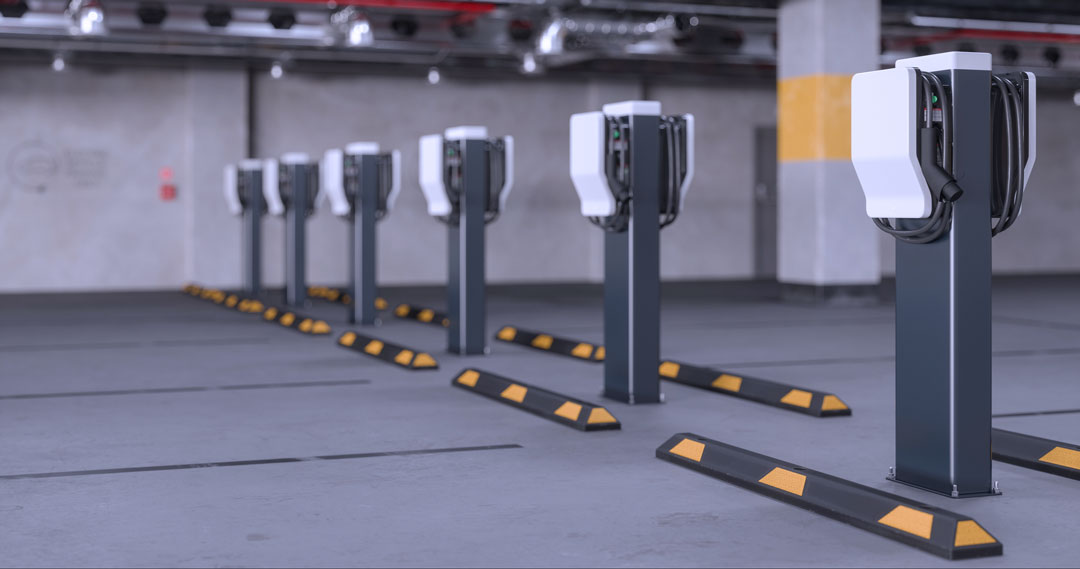EV sales are surging across the globe, and here in the US, analysts predict that tens of millions more electric vehicles will hit the road before 2030.
Legacy automakers are not just hitting their stride; they are making bold commitments. Ford Motor Co. recently announced it would hike its electric vehicle investment to $5 billion, in what CEO Jim Farley termed a "Model T moment" for the company. This strategic shift aims to capture the mass market with more affordable electric cars and directly challenge the growing global market share of Chinese automakers like BYD and Geely. This aggressive move comes as the worldwide market for EVs continues to expand at a rapid pace.
Research firm Rho Motion tallied 9.1 million EVs sold worldwide in the first half of 2025—a 28% jump compared to the same period in 2024. BloombergNEF is forecasting a record 22 million plug-in vehicles for the whole year, representing a 25% increase from last year. This momentum is evident across the board, with Volkswagen’s battery-electric vehicle deliveries soaring 47% globally in the first half of 2025, including a 24% gain in the US alone.
A gentler but steady climb in the US
After two years of blistering growth, the pace of US EV adoption has cooled—but it’s still heading in the right direction. The International Energy Agency reported 1.6 million electric car sales in the US in 2024, a 10% year-over-year increase that pushed the EV market share into double digits.
In the first quarter of 2025, EVs made up 9.6% of all new car sales in the US, and total volume rose 9% year-over-year—even as overall car demand weakened. The month of June was a bit bumpier: Rho Motion reports a 1% dip in US EV sales that month, while China and Europe picked up speed. Still, analysts expect a modest increase by year’s end. With the federal $7,500 EV tax credit set to expire in September, automaker incentives are expected to boost third-quarter sales.
A nationwide survey commissioned by BMW points to strong long-term demand: 55% of Americans say they plan to buy an EV eventually, and nearly one in five say they’ll make the switch in the next three to five years. Technology remains a driving force—92% say ongoing innovation is important, and nearly half already know the location of their closest public charger. That optimism is fueling a steady stream of new models from automakers like VW and Hyundai, despite shifting incentives.
Level 2 charging is the backbone of the EV transition
Most EV drivers charge where it’s most convenient: at home or at work. Approximately 80% of charging occurs at home, and Level 2 chargers comprise the vast majority of public plugs. That’s why the US needs a major Level 2 buildout to keep up with the growing EV fleet.
The numbers make it clear:
- PwC projects 27 million EVs on US roads by 2030.
- S&P Global Mobility estimates the country will need 2.13 million public Level 2 chargers to meet demand if EV sales hit 28 million by then.
- A recent NREL study backs up those projections, confirming that Level 2 charging remains the backbone of the national network, while DC fast charging fills in for highway corridors and long-distance travel.
AmpUp: Powering the everyday charge
Level 2 charging isn’t just plentiful—it’s the most practical way to meet daily charging needs because it's the most cost-effective solution for both operators and drivers. For operators, L2 chargers are significantly more affordable to install and require less intensive electrical infrastructure than fast chargers. For drivers, charging on a Level 2 charger is not only more efficient than charging on a Level 1 charger, but it also allows them to take advantage of cheaper off-peak electricity rates and avoid the much higher costs of public DC fast charging. AmpUp’s cloud-based platform helps property owners, fleets, and municipalities deploy and manage Level 2 chargers at scale.
Our software:
- Balances electrical loads, allowing more plugs to be added without costly service upgrades
- Automates billing and access, making charging seamless for workplaces, apartment complexes, and public sites
- Integrates with demand response and time-of-use utility rates, turning chargers into flexible grid assets
As EV adoption continues to grow, smart Level 2 charging stations will be exactly where drivers need them — and AmpUp is here to keep them running efficiently.
Key Takeaway
Global EV sales are still surging, and despite policy hurdles, the US continues to add new electric drivers every quarter. Meeting their day-to-day charging needs means rapidly expanding the country’s Level 2 infrastructure.
With AmpUp’s software-first approach, site hosts can roll out chargers faster, more affordably, and with the ultimate flexibility to grow alongside the next wave of electrification. Our software is hardware-agnostic, actively supporting 125+ different makes and models—from standard AC to ultra-fast DC and streetlight-mounted EV chargers. With full OCPP-compliance, we ensure seamless compatibility with proven, high-performance chargers, giving you the freedom to choose the best solution for your needs.




